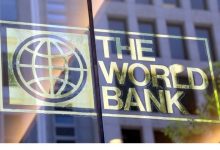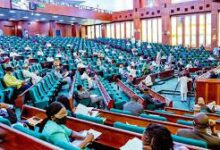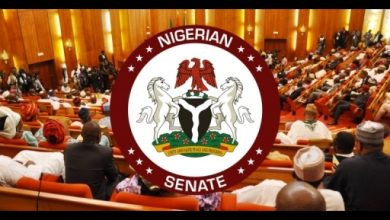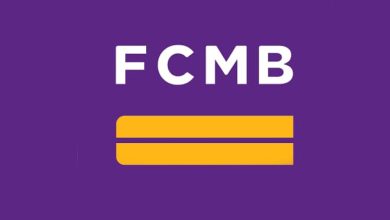Revenue falls by N1.89tn, Nigerians face tougher times
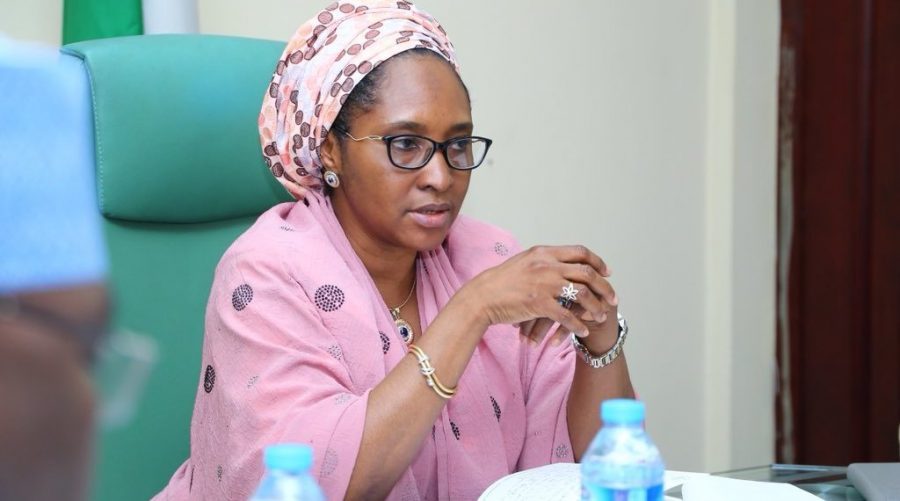
Amid a projection by the Federal Government to spend a whopping sum of N6.7tn on fuel subsidy next year and a major shortfall in government oil revenue this year, economic and energy experts have predicted tougher days ahead for the economy, states and Nigerians.
The Minister of Finance, Zainad Ahmed, had on Thursday released the four-month fiscal report of the economy during a public consultation on the 2023-2025 Medium Term Expenditure Framework/FSP.
“Crude oil production challenges and PMS subsidy deductions by NNPC constitute significant threat to the achievement of our revenue growth targets, as seen in the 2022 Performance up to April,” Ahmed said.
“Bold, decisive and urgent action is urgently required to address revenue underperformance and expenditure efficiency at national & sub-national levels,” she noted.
Economists and petroleum experts projected that Nigerians, state govts and the economy would experience tougher days ahead going by the numbers.
The gross oil and gas federation revenue for the first four months of 2022 failed to meet the expected target, falling from N3.12 trillion to N1.23 trillion, representing a 39 per cent performance, according to the Overview of 2022 Fiscal Outcomes and Update on 2022 Federation Revenue Performance presented by the finance minister.
Ahmed said the subsidy projection was based on business-as-usual or reform scenarios, noting that the first scenario assumed that subsidy would be retained and fully provided for.
The second scenario, she said, assumed that subsidy would remain up till mid-2023 based on the 18-month extension earlier announced, but only N3.36 trillion would be spent.
Both scenarios, however, contained opportunity costs in relation to net accretion to the federation account and deficit, she noted.
She said despite higher oil prices, oil revenue underperformed due to significant oil production shortfalls arising from oil production shut-ins resulting from pipeline vandalism and crude oil theft; and high petrol subsidy cost due to higher landing costs of imported products.
She further said that the amount available for distribution from the Federation Account was N1.52 trillion within the first four months of the year.
Of this amount, she said, the Federal Government received N802.50 billion, while states and local governments got N407.04 billion and N313.81 billion respectively.
“Federal, State and Local governments received N107.67 billion, N358.90 billion and N251.23 billion respectively from the VAT Pool Account.”
She said as of April 2022, FGN’s retained revenue was only N1.63 trillion, 49 per cent of the prorata target of N3.32 trillion.
She said the Customs collections (made up of import duties, excise and fees, as well as federation account special levies) trailed target by N76.77 billion (25.42 per cent).
“In the MTEF, real GDP growth is projected at 3.75% in 2023, from a revised projection of 3.55% for 2022. Growth is expected to moderate to 3.30% in 2024 before picking up to 3.46% in 2025,” she said.
On the other hand, inflation rate is projected to average 17.16 per cent in 2023, up from the revised average of 16.11 per cent for 2022, she said.
“Upward pressure on prices is expected to be driven by the current and lag effect of the global price surge due to the Russian-Ukraine war, domestic insecurity, rising costs of imports, exchange rate depreciation, as well as other supply-side constraints.”
She said overall, fiscal risks were somewhat elevated, following weaker-than-expected domestic economic performance and structural issues in the domestic economy.
Ahmed noted that revenue generation remained the major fiscal constraint of the Federation, stressing that the systemic resource mobilisation problem had been compounded by recent economic recessions.
Director-General of Lagos Chamber of Commerce and Industry (LCCI), Chinyere Almona, in a recent statement, said Nigeria must identify corporate, physical, intangible, human assets, determine their worth, and make plans to repurpose or redevelop idle ones.
Almona stressed the need to break government monopoly in the infrastructure sector (railway, pipelines, power transmission) in order to attract investors to commit equity funds into them.
Experts predict
A former Chairman of the Major Oil Marketers Association of Nigeria and Managing Director/CEO of 11Plc, Mr. Tunji Oyebanji, said, said the development would worsen the economy.
He said, “Life would obviously be tougher for Nigerians. One of the things in the report also said we are now spending more on debt servicing than we are getting as revenue. You don’t need a rocket science because if that was a company or an individual, you will be extremely worried about that person’s financial status. So, it’s the same thing with the country.
“NNPC can still fund subsidies on behalf of the federal government. Only that government will be a client and they will have agreement, there will be terms and conditions . It’s just that unlike before, the NNPC was just funding subsidies, now, it has to be done on a contract basis , and the federal government will pay for its services. It’s definitely not a good thing to use all revenue to service debts, and those debts are coming from subsidies. It’s a potential danger for the country.
He added, “My worry is that what we were avoiding- the suffering and inflation that we were avoiding by not removing the subsidy will now be worse, because if we get to a point where we find it difficult to service our debts, what it means is that our lenders will charge us more interests because they know we don’t have money. Their interest will be much higher, with less revenue to pay salaries. So, from a financial standpoint, it’s not good news for Nigeria.”
On his part, an economic expert and seasoned academic at the University of Uyo, Professor Akpan Ekpo said government would face an uphill task sourcing money to fund the proposed subsidy.
Ekpo said, “It’s a tall order. The NNPC being privatised is, as you know, they will pay dividend to shareholders, which is still the government in a way. It’s just that it won’t feature in the monthly sharing formula; but eventually, some money will go to the Federal Government because they will pay dividend to the Federal Government.
“This is why we have been saying that this subsidy thing is very unfortunate. Firstly, if the refineries were working, at least we would have produced for the domestic market. All our forex is used to import refined products. Maybe they may have to rearrange their priorities and cut down on expenditure. They should do what economists call expenditure switching.
“They can remove subsidy gradually, but not in one swoop. Definitely, it’s a tall order. I hope they don’t resort to borrowing to pay for subsidy because that will be dangerous.”
He added that states would have to create structures that will enable them to boost internally generated revenue as the proposed fuel subsidy would inevitably gulp a significant fraction of funds which would otherwise be allocated to State and Local Governments.
An economic expert at the Pan-Atlantic University, Lagos, Dr Olusegun Vincent said, “It doesn’t mean well for Nigerians at all, to be spending so much on fuel subsidy. There is lack of transparency around the subsidy regime and the system that governs subsidy in the country. There is a whole lot of economic inefficiencies.”
The scholar also criticised government’s worrisome debt profile, noting that “it is unsustainable and we are all going to suffer.”
He added, “Currently, the total amount of government spending on debt servicing is actually more than the total revenue of the government. That constitutes part of expenditure. When you add subsidy to that, clearly we are headed towards a major problem.


